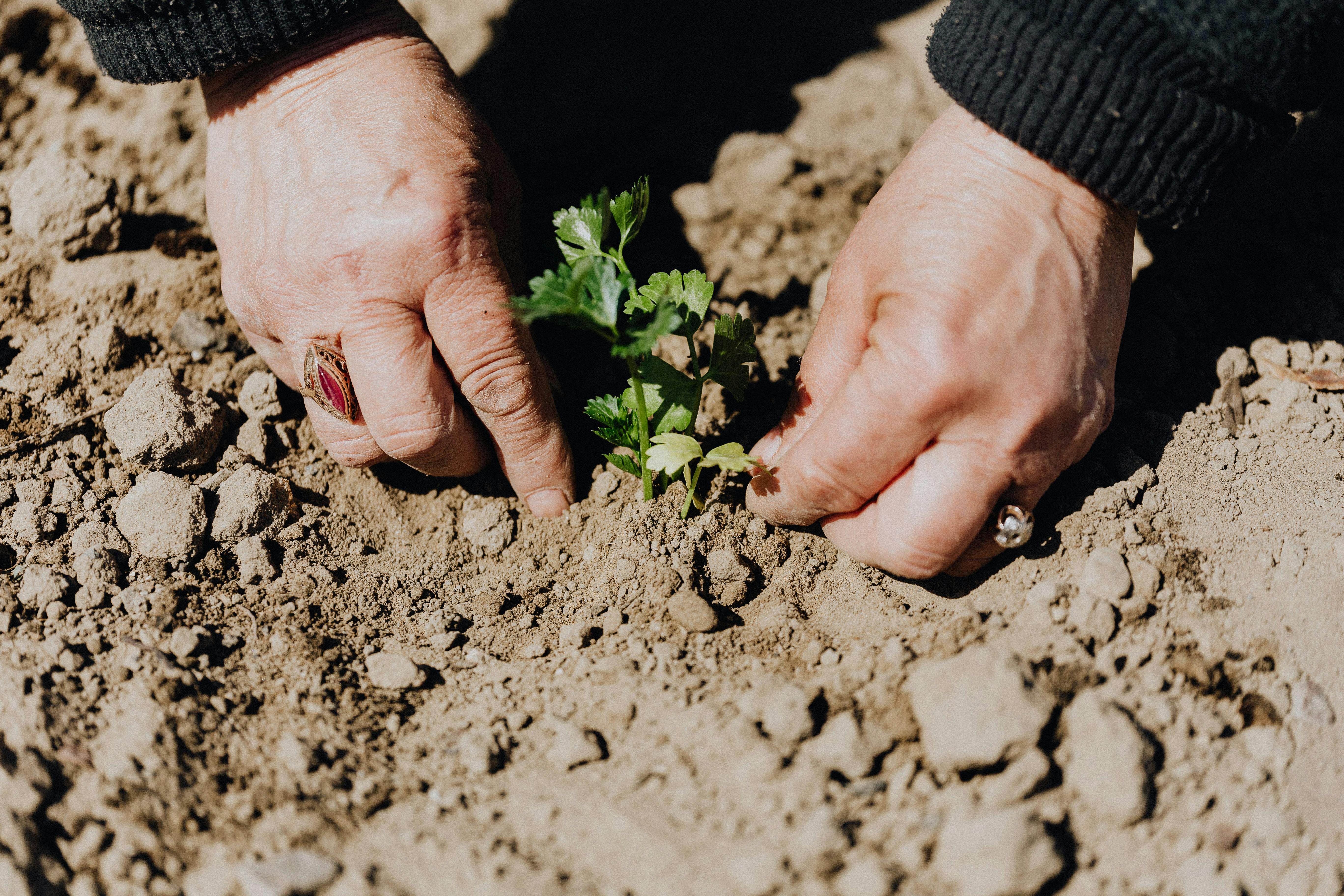
Gardening Is such a common type of activity for seniors. The beauty of gardening is undeniable. Such activity gives you the possibility to reconnect with nature and appreciate the surroundings. Simply, it’s just a rewarding hobby that provides a sense of purpose and achievement.
However, due to various age restrictions which might come along, there are some physical limitations that undertake the normal gardening practices. Here are some useful tips that will help you make gardening bothenjoiable and safe.
The Benefits of Gardening for Seniors
Engaging with nature through gardening has some of the most impactful positively impacting effects among an elderly family members. Actually, it is some type of low-impact exercise that helps improve physical and mental health. It also offers stress relief and relaxation as well as has a positive effect on your sleep quality, vital components in maintaining a senior citizen’s well-being. We also can’t ignore the fact that your crop is much healthier than vegetables and fruits in stores. So the amount of benefits is endless.
Stay Safe
While gardening is an enjoyable activity in so many ways, it still requires basic safety precautions to prevent injuries from farming implements and overexertion. If you want to make the most of this experience but still stay safe, you really should implement these tips:
- Stay Hydrated and Avoid Prolonged Sun Exposure: Gardening exposes the gardener to certain risks associated with outdoor activities such as sunstroke, dehydration and sunburn. Gardening in the morning or late evening helps you avoid heat stroke. You should ensure you drink plenty of water, take a break every now and then and put on sunscreen.
- Wear Protective Gear: It is equally important that you wear protective and comfortable apparels such as heavy-duty gloves and work boots that are able to protect the skin from developing blisters from rubbing, or injuries from thorns and splinters among others.
- Have a Companion: To minimize the risk of accidents while gardening, you should have some company in case you need help at some point. It can be a loved one, friends or children who share this activity with you. And remember that it is also more fun to do it with someone else!
Carry the Right Tools
Using the right tools ensures that seniors reduce joint strain and minimize injury risks. Ergonomic tools, designed for ease of use, keep senior gardening enthusiasts active. Essential tools include:
- Ergonomic Hand Trowel: Lightweight with padded handles to reduce hand and wrist strain.
- Garden Kneeler and Seat: A reversible kneeler with handles that doubles as a seat.
- Extendable Pruning Shears: Long handles to reduce the need to reach high or bend low.
Pick the Right Plants to Grow
Choosing the right plants involves considering weather/soil conditions and personal needs. It is advisable to grow low-maintenance plants that offer significant health benefits:
- Lavender: A perennial, drought-resistant plant that requires minimal care.
- Daylilies: Hardy and low-maintenance, returning year after year with minimal care.
- Native Plants: These are adapted to the local environment and require less water and care.
Implement Smart Irrigation Systems
Modern irrigation systems can make watering easier. Drip irrigation or soaker hoses on timers ensure plants receive the right amount of water without manual watering, saving time and reducing physical effort.
Explore Vertical Gardening
Another gardening technique is the vertical where plants are grown on vertically structured surfaces such as fences, arbors or hanging baskets to minimize the amount of bending. Essentially it is suitable for growing such crops like vines, herbs, vegetables and any other crop that requires a small amount of space.
Create Comfortable Work Areas
Design your garden with comfort in mind. Include shaded areas with seating where you can rest and enjoy your garden. Ensure paths are wide and smooth to accommodate walking aids or wheelchairs, ensuring safe and easy access to all parts of the garden.
Choose Ergonomic Gardening Tools
Ergonomic tools reduce strain and make gardening more accessible:
- Long-Handled Tools: Hoes, cultivators, and trowels with long handles allow you to maintain good posture while working.
- Padded Handles: Provide a better grip, reduce hand strain, and protect from blisters.
Gardening Seats and Kneelers
Ergonomic tools reduce strain and make gardening more accessible:
- Long-Handled Tools: Long handled hoes, cultivators and trowels help the gardener assume a good work position, a necessity due to the almost contemplative activity.
- Padded Handles: Enhance the handles’ tactile feel, lessen the hand’s impact, and prevent the formation of blisters.
Additional Tips and Resources
- Basic Tools: Make sure you have some necessary accessories such as gloves, trowel(hand), a fork, spade and loppers.
- Healthy Aging Tips: Learn ways to maintain the desired body shape, as well as proper physical activities that should ideally be practiced when being older.
- Heart Health: Using the information from the previous activities, educate yourself on cardiovascular health maintenance.
- Sleep Quality: Once you reach the required age, ensure that you improve your sleep quality.
- Mental Sharpness: Perform some physical and other exercises that help in maintaining a healthy mind and body.
Conclusion
Gardening is a fun activity and can be modified to meet the requirements of elders. Therefore, with the proper tools, techniques and attitudes, it can be a source of pleasure and self-fulfillment for you even in the later part of the lifetime.